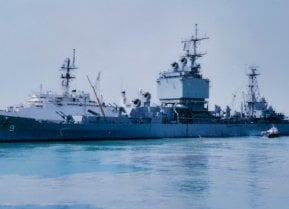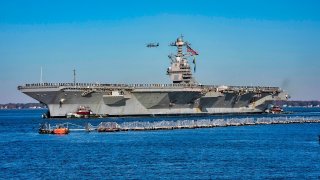Ford-Class: Problems Keep Piling Up for America's Most Expensive Aircraft Carrier
The U.S. Navy's third Ford-class aircraft carrier, the USS Enterprise (CVN-80), will not be delivered until 2029 due to supply chain issues.
Summary: The U.S. Navy's third Ford-class aircraft carrier, the USS Enterprise (CVN-80), will not be delivered until 2029 due to supply chain issues.
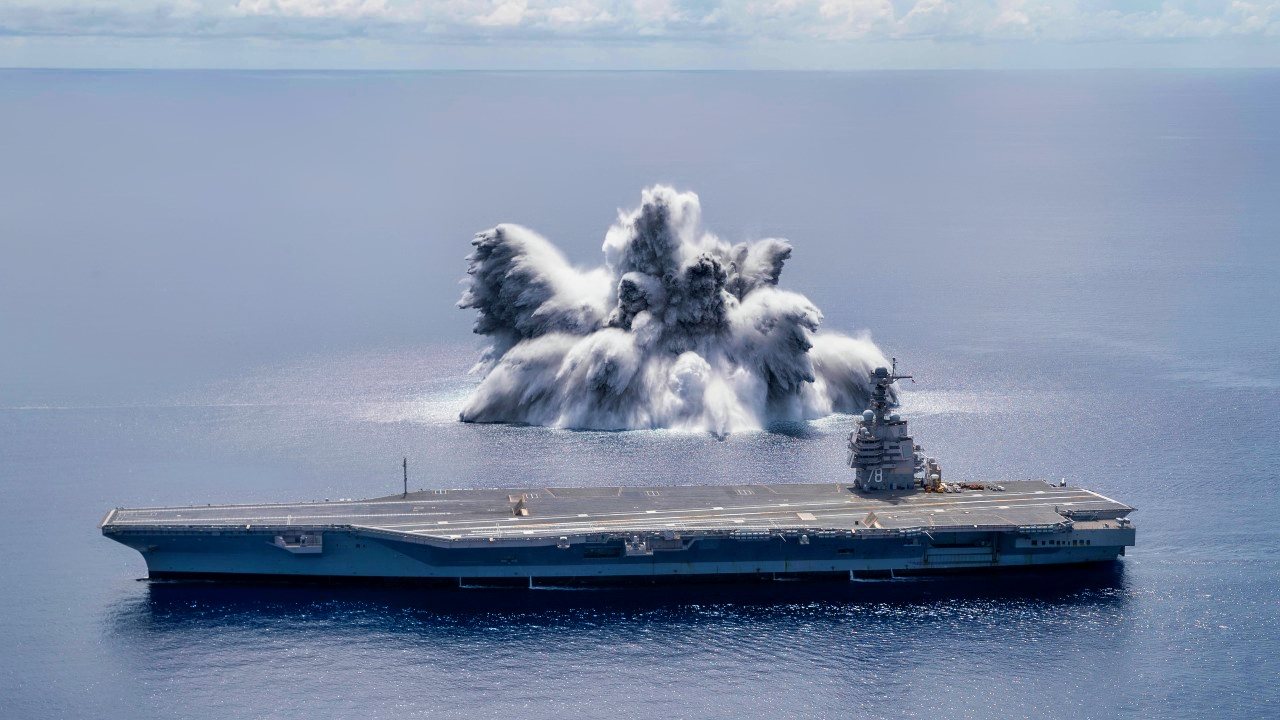
Ford-Class Aircraft Carrier Problems - Key Points
This delay impacts national security as aircraft carriers are crucial in a potential conflict with China.
The Ford-class carriers introduce 23 new technologies, including the Electromagnetic Aircraft Launch System (EMALS).
Despite high initial costs, the Navy expects costs to decrease with subsequent ships.
The USS Enterprise will carry nearly 100 combat aircraft, including F-35s and Super Hornets.
The U.S. Navy will not get its third Ford-class supercarrier before 2029, according to defense officials.
As the most important component of the fleet, aircraft carriers are key to American warfighting capabilities, especially in a potential war with China in the Indo-Pacific area of operations. As such, timely delivery of the new Ford-class carriers is of high national security importance.
Delays, Delays, Delays for Ford-Class Aircraft Carrier
The USS Enterprise (CVN-80) is under construction at the Huntington Ingalls Industries’ Newport News Shipbuilding shipyards in Virginia. The Navy expected to receive the Enterprise in the spring of 2028, but supply chain issues and shortages in necessary materials have caused an 18-month delay, pushing the delivery date to September 2029.
“Any deviation that lengthens intervals between platforms compared to previously approved shipbuilding plans and forecasts is concerning because of the potential disruption to our supplier base, which continues its recovery amid significant levels of demand for its materials and products,” Todd Corillo, a spokesperson for HII’s Newport News Shipbuilding, said in a statement about the construction delays.
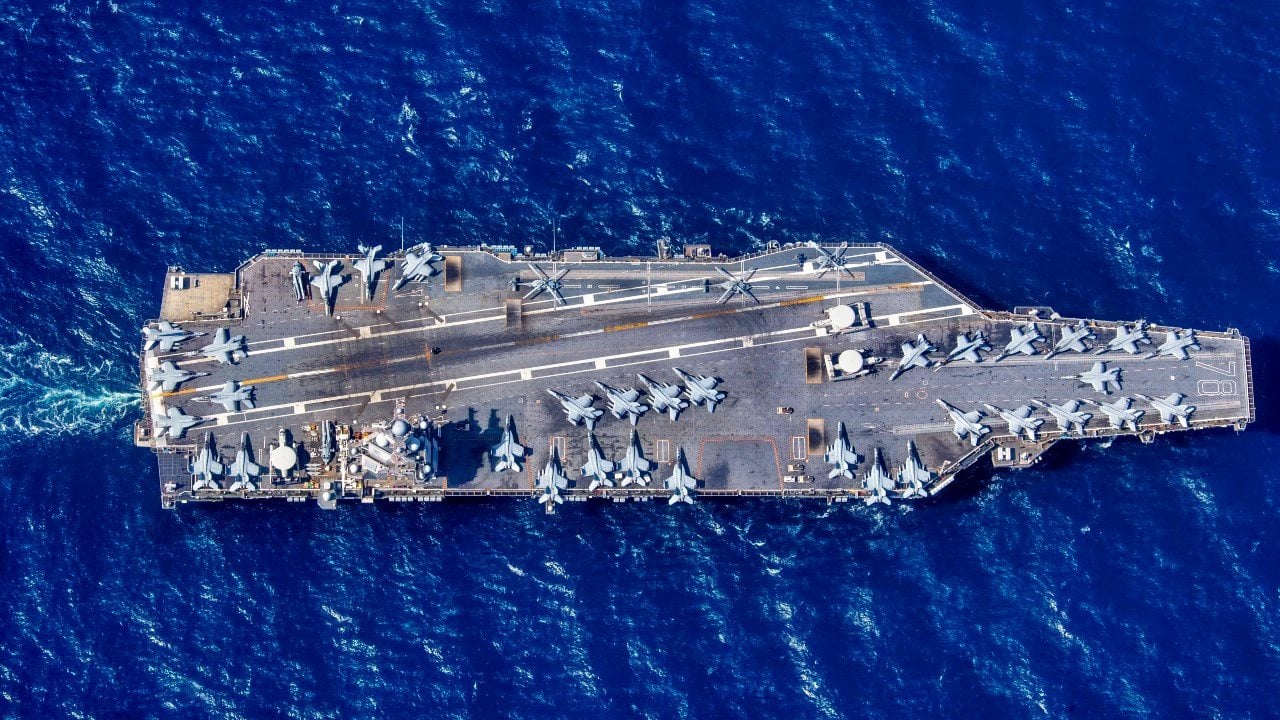
The second carrier of the Ford class, the USS John F. Kennedy (CVN-79), and the fourth, the USS Doris Miller (CVN-81), are also under construction.
The Ford-class supercarriers come with a whole new set of capabilities, distinguishing them as the most advanced and capable aircraft carriers in history.
Specifically, the Ford class introduces 23 new technologies, including the Electromagnetic Aircraft Launch System – EMALS will launch aircraft 30% faster than Nimitz-class carriers, which use steam catapults. In addition, Ford-class carriers have improved elevators that can move ordnance faster, and better arresting gear for safer landings.
The USS Enterprise will carry almost 100 combat aircraft. These will include F-35B/C Lightning II stealth jets, F/A-18 Super Hornet fighter jets, and E/G-18 Growler electronic warfare jets.
These capabilities do not come cheap. Indeed, the USS Gerald R. Ford, the first ship of the class, cost an astounding $13 billion. To be sure, the cost of the first weapons system is always high, and it usually drops with subsequent purchases. Indeed, the Navy expects costs to drop for the Ford class, starting with the USS Enterprise and continuing with the subsequent supercarriers. (The Navy is looking to buy a total of 10 warships in this class.) Still, Ford-class warships are between $6 billion and $10 billion more expensive than any other carrier, including the Nimitz-class vessels they will replace.
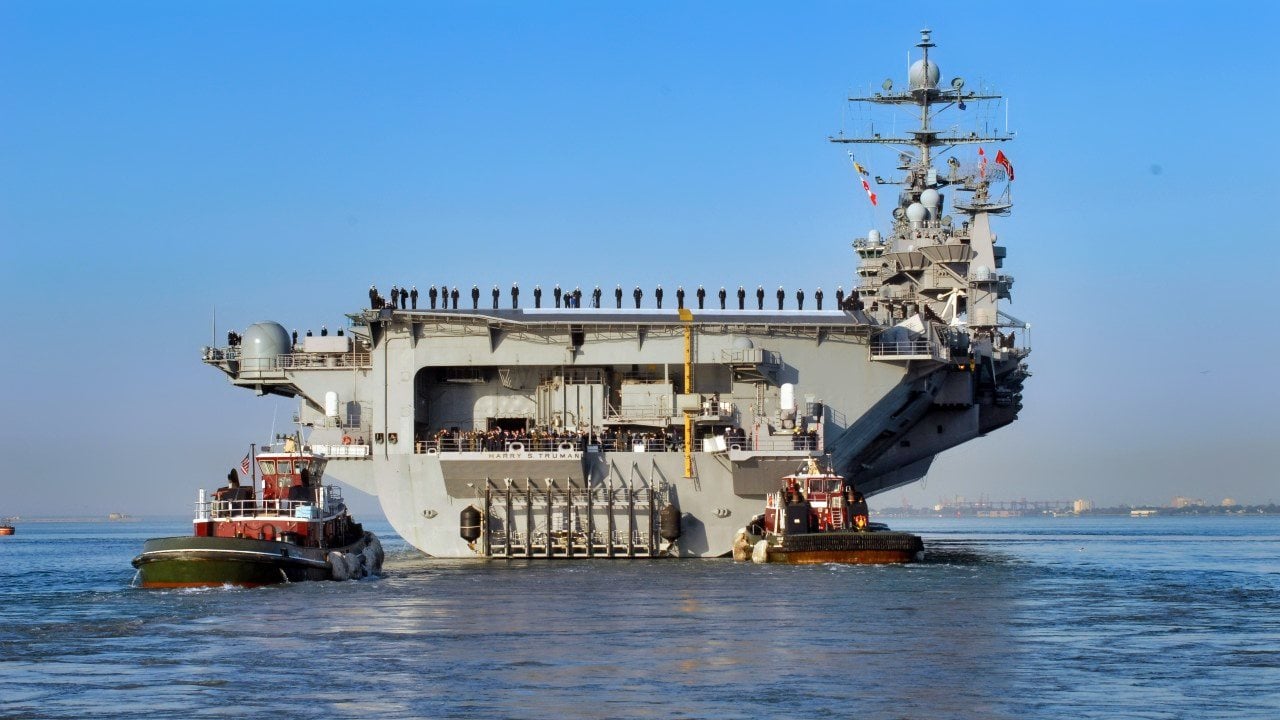
The Ford-class supercarriers have been long in the making, with almost two decades elapsing between the commencement of the procurement process and the Gerald R. Ford entering the fleet. A future war with China in the Indo-Pacific is becoming alarmingly more likely, so a lot will depend on these aircraft carriers and their capabilities.
About the Author
Stavros Atlamazoglou is a seasoned defense and national security journalist specializing in special operations. A Hellenic Army veteran (national service with the 575th Marine Battalion and Army HQ), he holds a BA from the Johns Hopkins University, an MA from the Johns Hopkins’ School of Advanced International Studies (SAIS). He is pursuing a J.D. at Boston College Law School. His work has been featured in Business Insider, Sandboxx, and SOFREP.
All images are Creative Commons.
